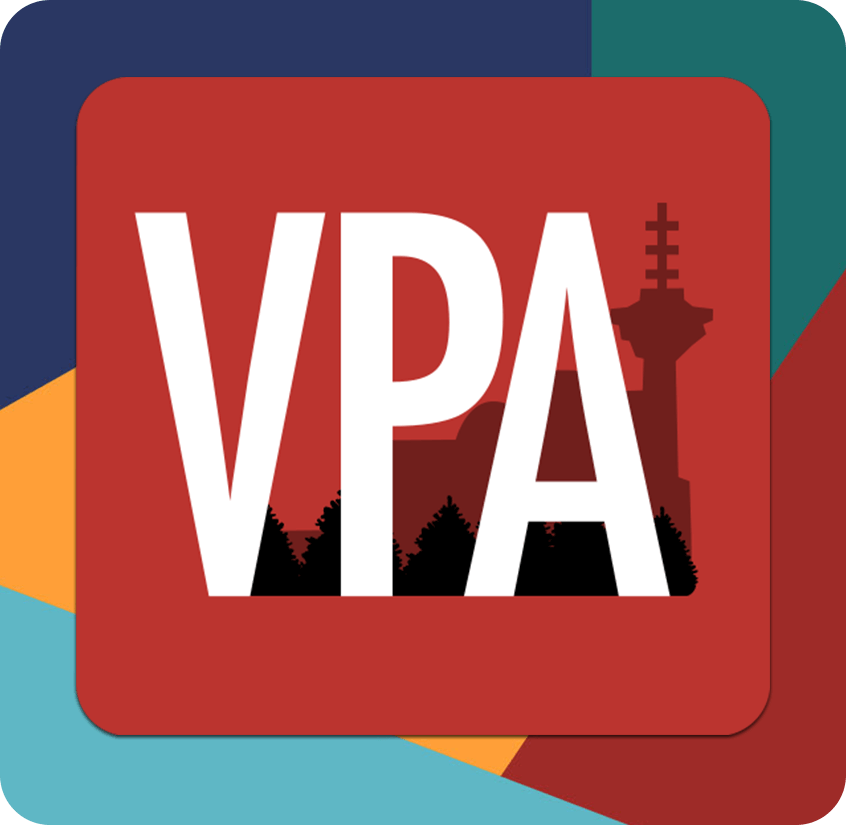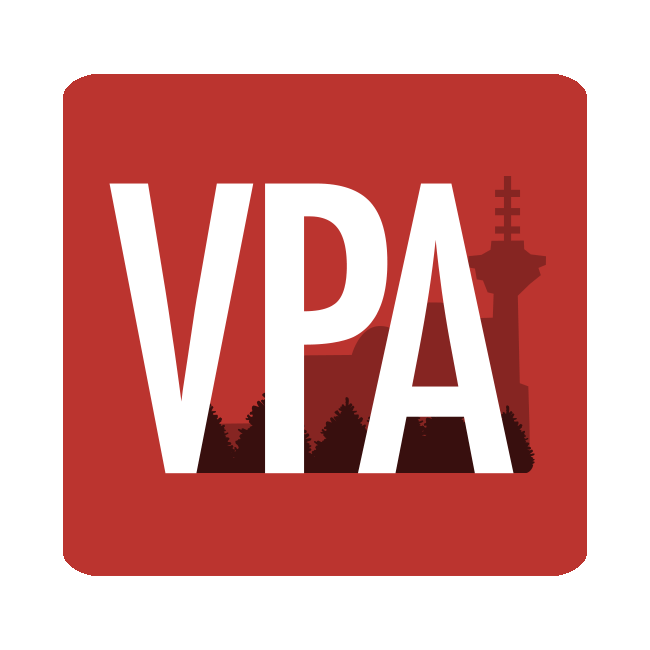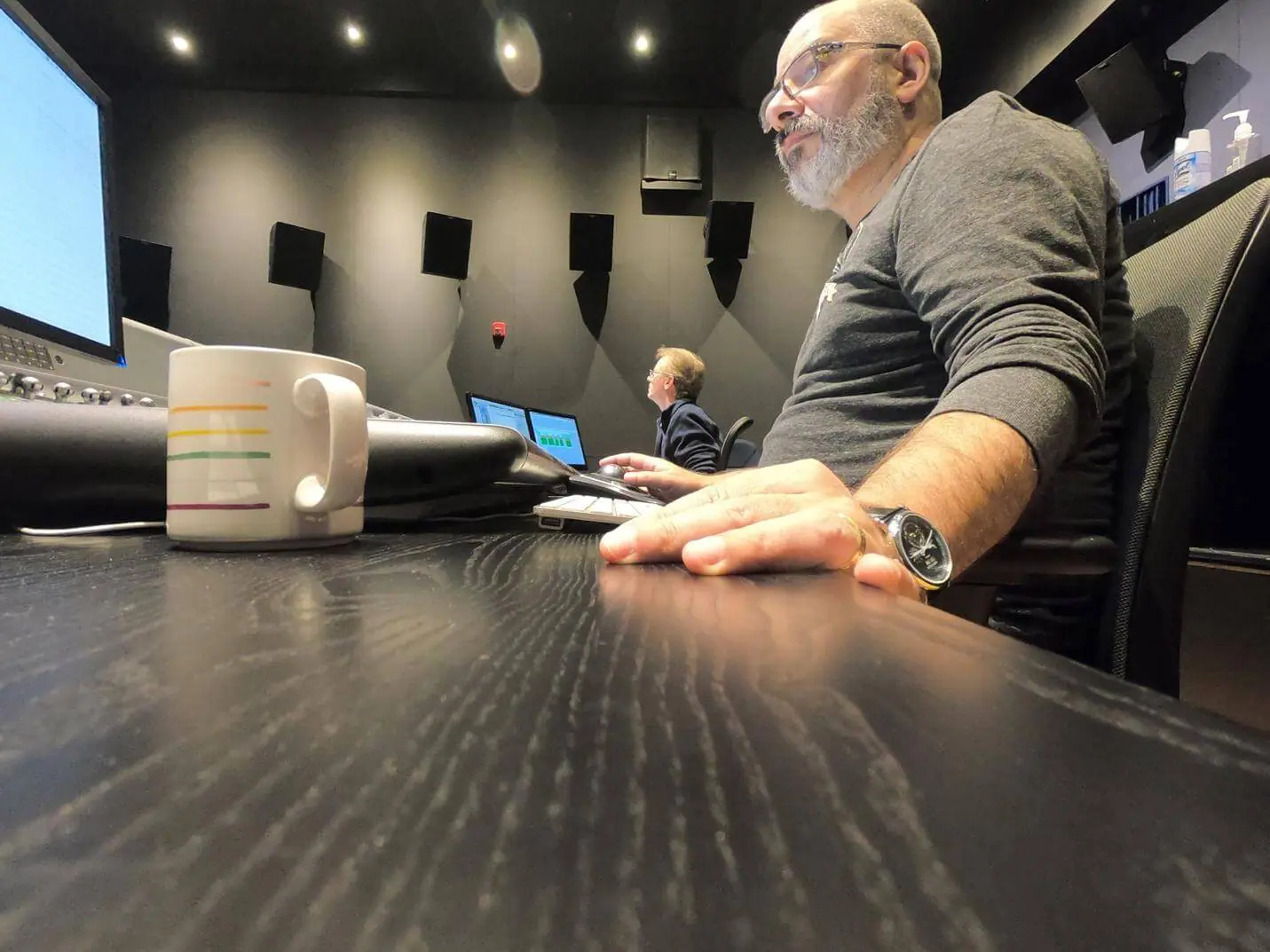- Get Educated, Get Connected, Get to Work.
Featured Corp Member: FX²
FX² SOUND DESIGN
SOUND DESIGN & EDITORIAL, SOUND MIXING
Interview with Jo Rossi (Owner)
Tell us a bit about your company, FX² Sound Design. Well, I’m coming up on my 30th year anniversary as a working pro. So fortunate to still be around. Was a company man tied to a studio for 17 years until I branched out on my own. At that time, many studios were at about 40% capacity, so building yet another studio didn’t make sense. During all that time I had amassed a large networking circle, so I had an idea of creating a company that could use the existing infrastructure along with my circle of freelance editors. The test company was “BombshelterPost,” which ran from 2009 – 2013. It ended up being successful so I rebranded to “FX² SoundDesign” and incorporated. There’s the history lesson. FX² can handle anything to do with audio. Post Production, Commercials, Gaming Audio, Recordings, we’ve even done a Musical Recording. My background comes from music, my dad was a music professor at McGill in Montreal.
How many staff members / freelancers do you employ? What makes your company different? The advantage of FX² is that it isn’t tied to a facility. I have an extensive network of skilled freelance editors, spanning from right here in BC to Toronto to the US and aboard. We can always find a skilled editor with a pool to pick from this huge. The same is true when looking for a mix room. There are many infrastructures available, all not running at full capacity, with different setups or mixing options. I love the fact that I can choose where to mix a certain project based on which mix
What are the typical projects you work on? Every year the primary changes. The last 2 years, the primary has been movies, both theatrical and streaming. With series and gaming work filling in the gaps.
What are you working on right now? We just finished a movie for Neill Blomkamp and IFC called “Demonic.” It was a challenging and very creative movie from a sound design perspective.
What is your favourite project that you've worked on, and why? There’s no one project. Any project that's heavily creative by its design is always fun. Any project that's ambitious, pushing you, is both exciting and stressful. Any project that's problematic, you tap into your experience and rely on your instincts. It’s all a bag of mixed emotions. But once you get to the end goal, it’s all rewarding in its own way.
What percentage of your work is with local vs international clients/projects? Over the last couple of years I’d say, 70% local and 30% international.
Are you a Mac / PC / Linux shop or all of the above? Definitely a Mac guy -- Mac products for my profession, PC for the accounting / business side and video conferencing software.
Describe your studio setup My studio is a 7.1 or 7.1.2 Atmos Studio (able to hang height speakers when in Atmos mode). Running 3 Samsung monitors, with one dedicated to picture. Front LCR speakers are Mackie HR824MK2 Active Studio Monitors, very flat speakers with no color, which is what I was looking for. Surround & Sub speakers are Yamaha. Also have stereo Auratone speakers for TV reference. Using AVID hardware at the moment, but looking to upgrade to Orion interfaces. Love motorized faders, so using the Avid S3 currently. And lastly in the 7.1 mode, I use a Martin MultiMAX for monitoring, which has been modded for 7.1.
What software / hardware / plugins can you not live without? In terms of Editing and Mixing software, I use the PRO TOOLS DAW. I have a separate rig for Sound Design, running Native Instruments Hardware with REAPER DAW. Plugins, that’s a long discussion. I have a huge selection of plugins that I like for certain things or different colors. I’ve spent a lot of money on plugins, my guilty pleasure and a throwback to the days of having lots of outboard gear. Plugins I can’t live without, uhmmm, what comes to mind? Blue Cat Meter, anything Fabfilter, Izotope Rx, AudioEase Altiverb are mains. Some lesser known plugins that are great, Sooth and Black Box PA. A great sound designing plugin, Envy from Cargo Cult and Manipulator from Infected Mushroom. That’s just a quick off the top of my head answer, there are many great plugins nowadays. Third Party software I always use is Soundminer with Radium.
Are Dolby Atmos / Dolby Vision capabilities something you have or are looking into? In my studio, I can go Dolby Atmos if I need to. I don’t keep it setup in Atmos cause I like working in 7.1 -- fewer issues with routing and fewer software programs open like the Render. If I don’t have to deliver in Atmos, then take that issue off the table.
How difficult has the pandemic been for day to day operations? For FX², it’s been business as usual. 2020 was one of our busiest years. Since FX² is structured around the management of freelance workers, our workflow was never impeded. We were also the first to successfully temp mix a 5.1 movie fully remotely, with the dial mixer in his studio, the sfx mixer in his studio and the Director at another studio. Running a live 5.1 mix in sync. Impossible you say? ☺
Any workflow improvements brought about by the need to work-from-home / remote work changes? FX² was already in that realm, working & managing editors remotely, so nothing new there, if anything we had it dialed in. But where improvements got pushed forward was in video conferencing or video screening options. Many options started to emerge, with production companies settling on a system for final viewing that ultimately was adopted and implemented into their workflow. With traveling to and from a studio eating upwards of 90 minutes or juggling multiple producer schedules to get them all in one room at a specific time, I think the landscape has changed. The fact that we were able to make remote viewing work and more convenient for everyone, I don’t see us going back to the way we were. Factor in that the tech is going to get better and faster with little lag etc… Why would you go back?
What do you miss most about “in person” client sessions? A lot of my clients are close friends. So when we’re in the studio together, we’re not talking about the project at hand, but about family and stuff, catching up. Just joshing and laughing, connecting with people. That’s going to be the hard part. With new clients, it’s even more difficult. You can’t read the body language, the comfort zone, their apprehension if they have some. In that case, it won’t be ideal.
What’s the best advice you received starting out in industry? I started in the stone age. The only advice I got was “Don’t screw up.” It’s different today. But I do remember what one senior engineer told me when I was starting out, and it stuck with me: “I can teach you everything I know, but it won’t make you better.” Seems harsh at first, till you understand what he meant. Took me 15 years into my career till I got it. He wasn’t talking about your intellect. He was referring to experience and your ear maturity. Time is your friend and your enemy. Unfortunately, it just takes time, lots of time, for your ear to become refined and start to hear compression or subtle Eq changes. It’s adapting or going through training, if you will, on every job you’ll work on. Your ear over time becomes selective on what you perceive as sounding great. As you're learning how to better use the tools at hand through the experiences you're presented with, so are your ears going through the same journey. So the message is, just work on anything that can further your experience and your ear training.
How long have you been a VPA member? What would you like to see from the VPA? I believe since 2014. The VPA has a unique opportunity to educate or lead discussions on how it can help support the growth of the Film and TV production industry in BC. I believe there has to be a shift in the way business is conducted when it comes to post production in BC, in terms of representation, pay equity and responsibility. The model we currently have in place is slowly killing our industry. It’s going to take brave new people with a different approach to turn our slumping industry around. You have no future growth if you can’t mentor the next generation.







